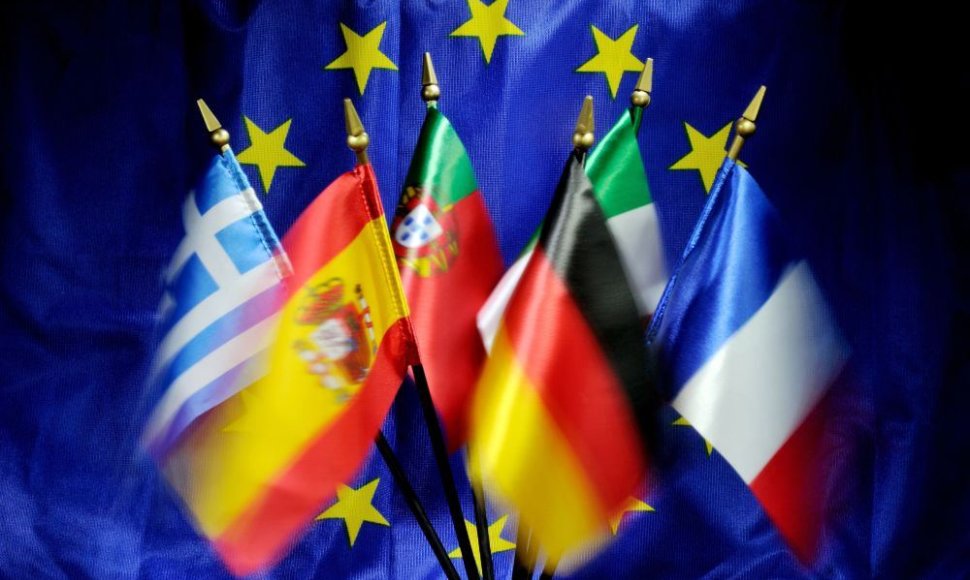After discussing the matter with a member of the European Commission (EC) last week, top officials of the Justice Ministry and the Prosecutor General's Office say the new institution would not affect the status of Lithuanian prosecution stipulated in the Constitution.
Justice Vice-Minister Tomas Vaitkevičius has said Lithuania would start discussing the European public prosecution matter within the EU, as the European Commission would officially publish the draft regulation in June or July. Meanwhile, Lithuania is scheduled to hold EU chairmanship in the second half of 2013.
"In the second half of 2013, Lithuania will have to open discussions into the matter. The Constitutional initiative will be made next June or July," the vice-minister told BNS.
"The aim of assuring transparent and legitimate use of EU finances is, without a doubt, a positive thing. By operating independently, individual countries would not be able to ensure efficient efforts against these crimes," he said.
In Vaitkevičius' words, a number of unanswered questions remain in connection to the relation of the European prosecutor's office to national prosecutor's offices and other EU institutions.
"We noted that the place of the European prosecutor's office, the system in Lithuania and probably other countries has to do with the constitutional status of prosecution," the vice-minister added.
In his words, the head of the European Anti-Fraud Office (OLAF) Giovanni Kessler pledged in Vilnius last week to "ensure that countries did not have to amend their Constitutions and preserve the status envisaged in the Constitution."
"This indicates that prosecutor's offices should retain their independence, with the relation with the European prosecutor's office built on the concept and content of cooperation," Vaitkevičius told BNS.
The matter was high on the agenda of last week's meeting between Lithuania's Prosecutor General Darius Valys and Kessler. After the meeting, the prosecutor's office said it welcomed the initiative.
The establishment of a European prosecutor's office is stipulated in the Treaty of Lisbon, which came into force in 2009. The treaty says that its establishment must be done by unanimity in the Council and with the consent of the European Parliament. If the Council cannot reach unanimity, a group of at least nine member-states may proceed to establish enhanced cooperation between them.
Lithuania will take over the EU Presidency in the second half of 2013. The Presidency has a duty to chair working group meeting of representatives of all EU member states for the discussion of EU affairs.












